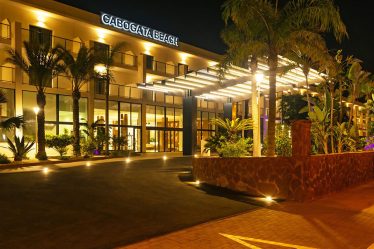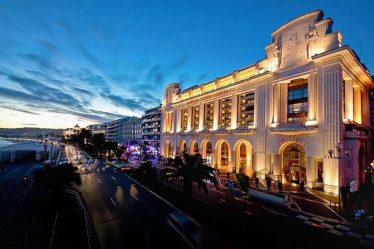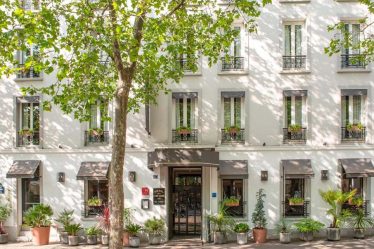
1. The Arrival in Montauban
The journey from Toulouse to Montauban took less than an hour by train. The moment I stepped off at Gare de Montauban-Ville-Bourbon, the shift in pace was tangible. This town, softly breathing through its ochre-colored facades and slow-turning shutters, was quieter than Toulouse, more intimate. The sky was gently overcast, casting a painterly light on the rooftops. I took a taxi directly to my hotel.
The name on my reservation confirmation read: Hôtel de l’Ave Maria, 12 Rue des Carmes, a short drive from the station, nestled just on the edge of the historic center. The hotel doesn’t pop up in mainstream guides often, but it had stellar reviews on Tablet Hotels, the platform I used for booking. The nightly rate was €310, breakfast included. I booked four nights. The total for my stay, after taxes, came to €1,320.
2. Stepping Into Quiet Luxury
The hotel had a subtle frontage. Nothing ostentatious—no grand awning or red carpet. Just a polished brass plaque by the doorway and a heavy wooden door that opened automatically as I approached. Inside, it was a different world.
The lobby was dimly lit in the way that French interiors often are—not dark, just deliberately restrained. A blend of walnut wood, cream-colored limestone, and gold-toned lighting. The scent of something floral, not overpowering, but consistent, trailed in the air. A middle-aged man in a navy vest greeted me with a gentle “Bonsoir.” I responded in French, but he switched to English with a crisp accent after catching mine.
Check-in was smooth. My luggage was taken upstairs without fanfare. I wasn’t handed a key card but a bronze-plated key attached to a velvet fob, which felt more ceremonial than practical.
3. The Room: Suite Séraphine
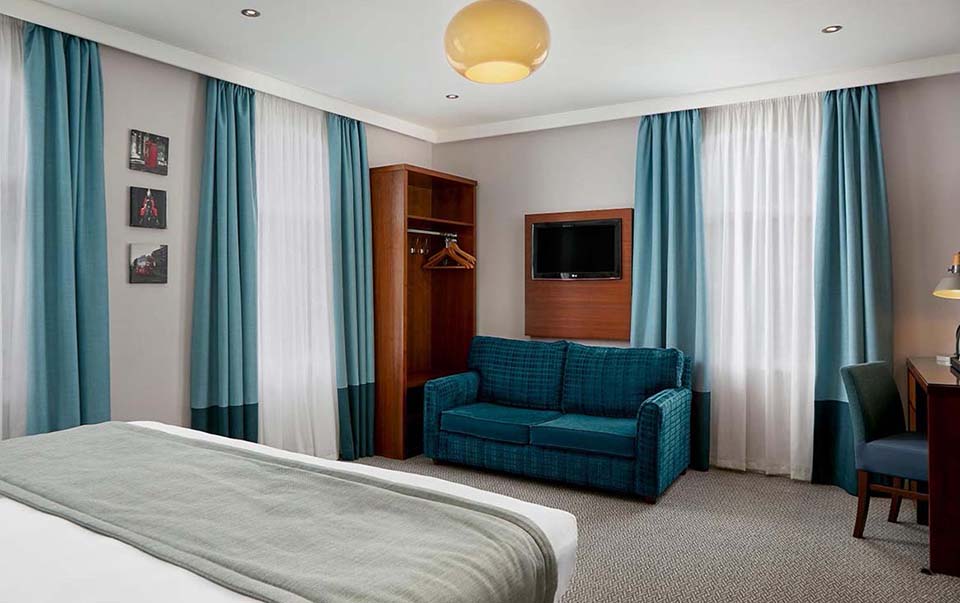
The suite was located on the second floor, with large double doors that opened inward. The room was quiet. Very quiet. I later realized the windows had triple-pane glass, shutting out all city sounds. From those windows, I could see the terracotta roofs and the dome of the Ingres Museum.
The room measured around 65 square meters, and everything in it was designed to draw your attention to texture. There was no television in sight—just a small button on the wall that revealed a screen behind a retractable painting. The bed was king-sized, covered in ivory linen. The pillows were goose down. The lighting was adjustable from three different control panels, each controlling ambiance, brightness, and even scent.
There was a small lounge corner with a deep green velvet loveseat, a round marble table, and a bookshelf that seemed curated for someone who knew France better than I did: Colette, Duras, Camus, Modiano. A bottle of Château de Chambert Cahors 2018 stood on the counter beside two crystal glasses. It wasn’t complimentary, but I appreciated the gesture.
The bathroom was all Carrara marble, with a soaking tub and walk-in rain shower. The toiletries were full-sized, branded Officine Universelle Buly—lemony, spicy, aromatic.
4. Service, But Softer
What struck me most over the following days was how invisible yet available the service was. Housekeeping came and went without me ever seeing them. Each time I returned from exploring the town, the towels were fluffed, the bed re-smoothed, fresh water and fruit replenished.
Breakfast was served downstairs in what used to be a monastery cloister. Each morning, a staff member brought a handwritten card to the table that read: “Weather today: clear skies and 22°C. Local suggestion: Walk along the Tarn at 10am. Apricot trees are blooming.” I hadn’t asked for these notes. They just appeared, and I found myself reading them as if they were fortune cookies.
The coffee came in silver carafes, always hot. The viennoiserie was flawless—croissants, pain au chocolat, brioche studded with candied orange. The eggs were brought in copper pans, done exactly to my order. No buffet. No noise. Just table service and classical music at a volume you barely noticed.
5. The Town Outside
Montauban was a joy. Not the flashy kind, but the kind you slowly unfold. I walked most places on foot. The Place Nationale, with its pink-brick arcades and café culture, became a daily stop. I’d sit and sip something cold, then wander toward the Musée Ingres Bourdelle, which held more than I expected: not just paintings, but tapestries, furniture, sketches.
Each afternoon, I returned to the hotel briefly, usually around 3 or 4 p.m., just to breathe for a while. The staff never asked where I’d been. There was a confidence in their silence. When I did need something—a recommendation, a reservation—they offered help, always beginning with, “What kind of mood are you in today?”
6. Details That Stayed With Me
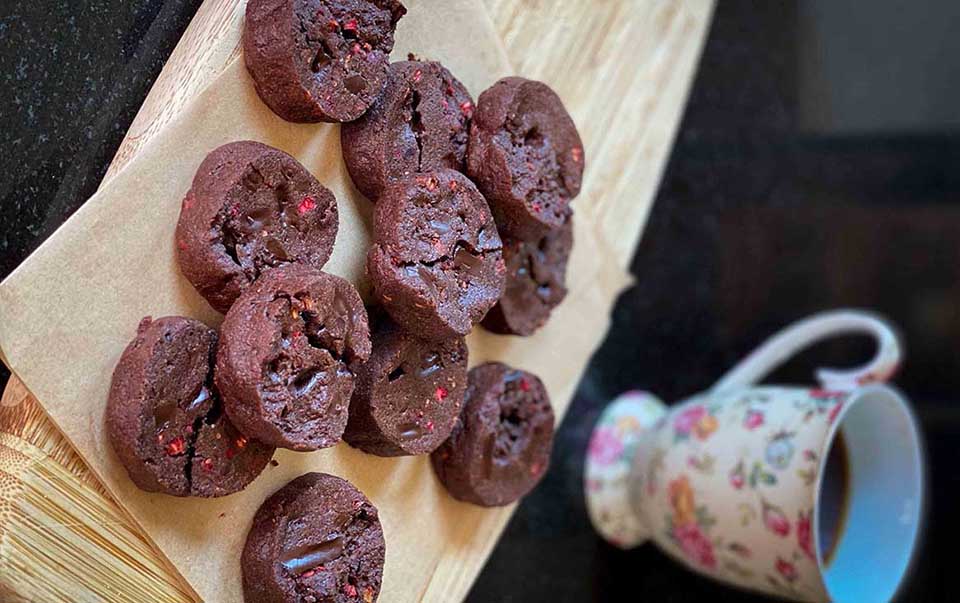
On the second night, I returned late and noticed the lights in my room had been adjusted to a soft gold hue, the curtains drawn, a piece of dark chocolate with Espelette pepper on the side table. I hadn’t requested turn-down service. It just happened.
On the third day, I asked if there was any possibility of visiting the small herb garden I had seen from the window. Ten minutes later, a member of the kitchen staff walked me through it personally, naming every plant in French and Latin, even giving me a clipping of lemon thyme “pour mémoire.”
7. A Conversation With the Manager
On the last evening, I encountered the manager—a woman named Claire—near the entrance. We spoke at length. She told me the building used to house a small religious order and had been converted just three years ago into this boutique hotel. They chose not to advertise heavily, relying instead on word of mouth and curated platforms like Tablet and Mr & Mrs Smith.
She asked if I had suggestions for improvements. I didn’t. I told her what I had experienced felt rare: that balance of formality and warmth, elegance and understatement.
8. Farewell Without Finality
The morning I left, I found a small note slipped under my door. It read simply: “Thank you for your quiet presence. We hope the memory will stretch long.”
No pomp. No review requests. No follow-up emails.
The taxi arrived on time. The air smelled of cut grass and espresso. I left Montauban with a kind of ache—the good kind, like when you finish the last page of a novel you hadn’t expected to love so much.
